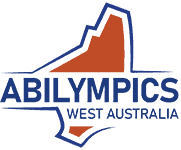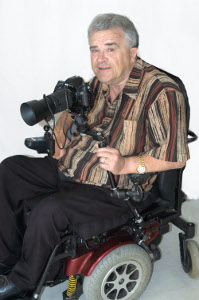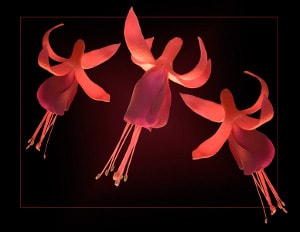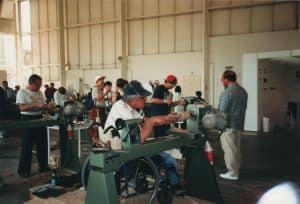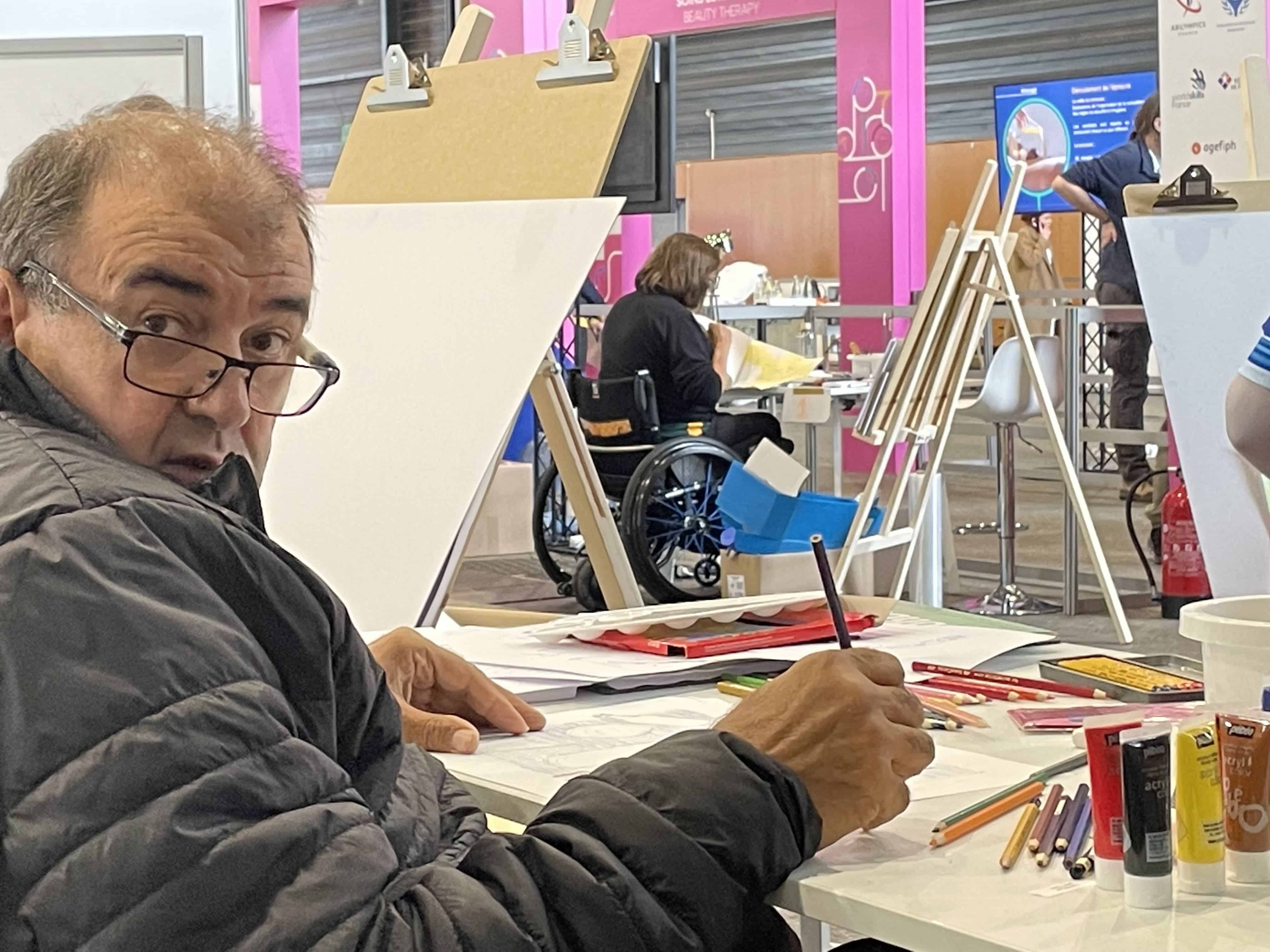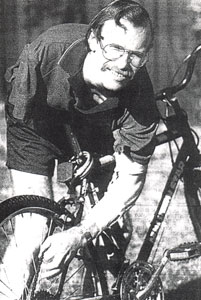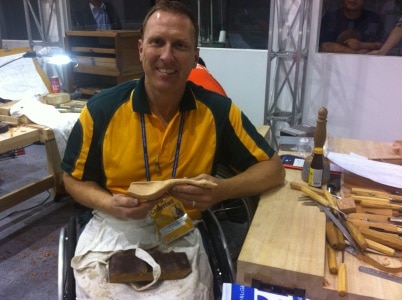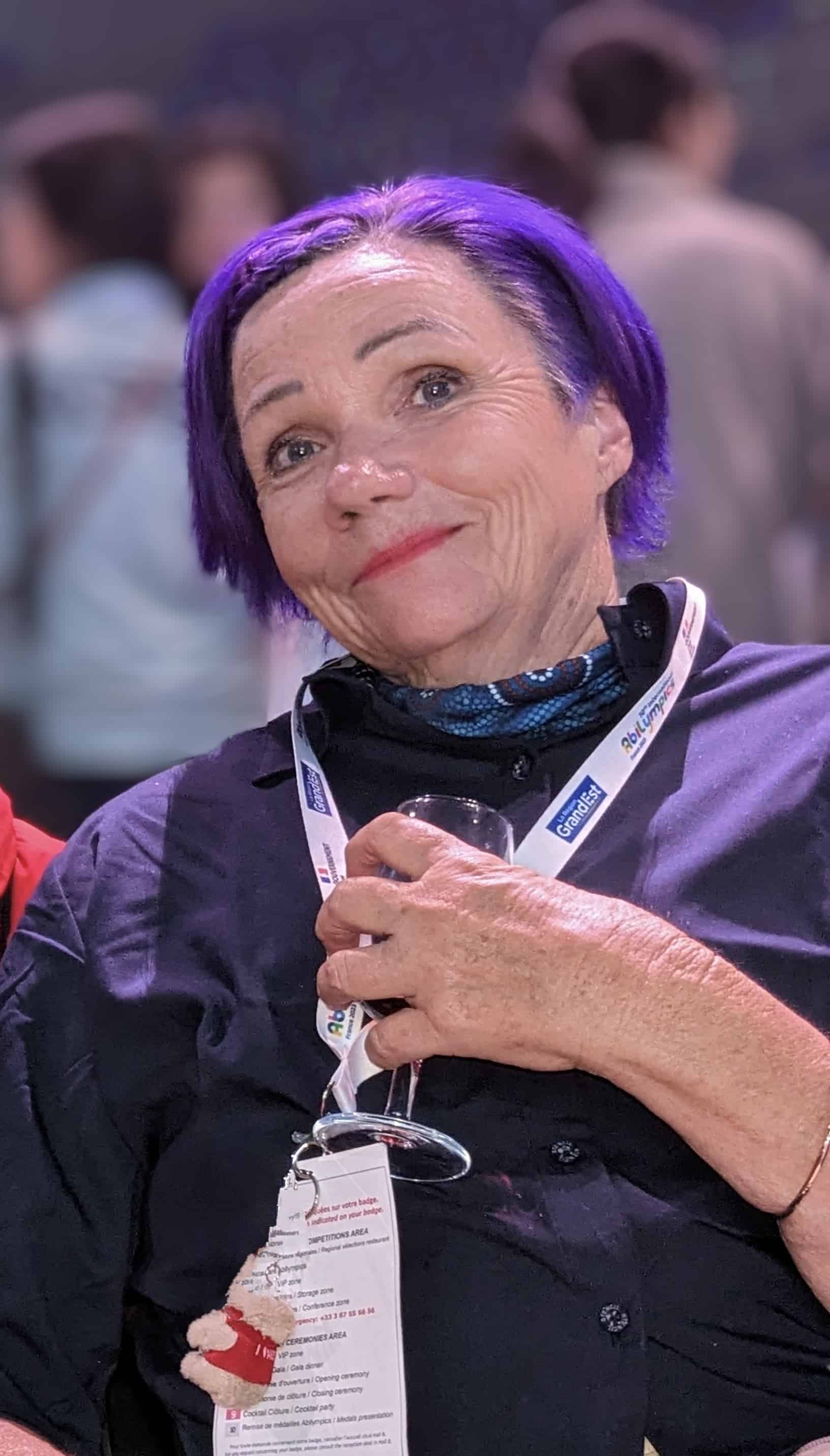Abilympics exists to assist and enrich the lives of people with disabilities. Over our many years of operation our efforts have touched a lot of competitors and volunteers. Below is a small collection of articles and letters showcasing how these efforts have made a real difference – Here are their stories.
Dr Philip Deschamp
Dr Philip Deschamp AAPS (Associate of the Australian Photographic Society) A presentation made by slide show to Abilympics in Japan in 2008 I apologize that I can not be here personally to speak with you. I am 65 and have had quadriplegia for more than 40 years. I was just not well enough to come to Japan. I am sad because I would love to see your lovely country. Before the Abilympics in Prague in 2000 I was working too hard. In addition to my work as a researcher, I also chaired several disability related committees including the Disability Services Commission committee on Monitoring Standards of funded services. My life consisted of attending meetings and writing reports. The [...]
Victor Salvemini
Victor Salvemini I first became involved with Abilympics in 1981 after a call from the late John Fisher. The first World Abilympic event was to be held in Japan. Sir George Bedbrook , John Fisher and Mike Cull were involved in the genesis of Abilympics and Abilympics Australia. The event was to promote work skills. Japan 1981 The first team from Australia travelling to Japan comprised of three competitors and a medical support team. The event was over two days. I competed in Cabinetmaking. There were people with many different disabilities. Only two were in wheelchairs and we both had to improvise our skills, being "side on" to the work benches. The experience, besides the event was culturally [...]
James Omerod
James Omerod March 2023 International Abilympics From thinking about being a participant in the Abilympics to actually getting on a plane to France was quick. I just went with the flow and I didn’t think about planning anything until the month before my flight. The months, weeks and days leading to my flight to Dubai went very fast. We all met up at the airport. My brother dropped me off, as I was thinking of catching the train from home to the airport. It was good to see Sue our travel agent at the airport to see us off and to make sure it was a smooth transition for 8 wheelchairs to get on the plane. The flight [...]
Ben Clough
Ben Clough Ben Clough was lucky to escape with his life many years ago. The Bachelor of Business student was driving to Perth from Muresk Institute of Agriculture when he was involved in a head-on collision just south of Sawyers Valley. Ben was travelling at 110kmh when the other car collided with his vehicle. The accident put Ben into a coma for 10 days and he lost his right arm. But he is not one to give in. Indeed, in a few days, the 27-year old Mt Lawley man would undertake a task few able-bodied people would bother to attempt. Ben was a contestant in the 1995 Australian Abilympics and he would get just four hours to assemble [...]
Richard Higgins
Richard Higgins If I were to be perfectly honest, I’d have to admit that during my 23 years of being a paraplegic I’d never heard of the Abilympics until 2010. That’s a great shame, because after my recent involvement in the 8th Abilympics held in Seoul, South Korea, representing Australia in the wood carving category, it was a real eye-opener. In my opinion, the Abilympics should be embraced by many others who are disabled but have skills in which they can compete. I didn’t bring back any medals, but if you’ll forgive the cliche, it’s not just about winning but taking part that counts and having the opportunity to meet many other competitors from countries as far away [...]
Hilary Weeks
Hilary Weeks Firstly I would like to say how grateful I am at having the opportunity to be a member of Abilympics WA, formally Australia for 23 years. This year, I competed in the 10th International Abilympics in Metz, France. This being my 5th International Abilympics. I joined Abilympics Australia in 2000, I had been studying Art and Design at TAFE and qualified to attend competing in Pottery Sculpture. This event was held in Prague, Czech Republic, 2000. I was excited, this was my first trip overseas, wow, what an eye opener to the competition, meeting other participants from many countries with challenging disabilities. I have remained friends with some for many years, and it has always been [...]
